Clarissa Bye: Who knows what words are off-limits when it changes constantly?
The woke’s rename game keeps rearranging the goalposts, leaving a gaping hole for confusion and outright nonsense, writes Clarissa Bye.
Opinion
Don't miss out on the headlines from Opinion. Followed categories will be added to My News.
ABC chairwoman Ita Buttrose got roused on the other day for using the word “Aborigine” in a speech.
Did you know we’re not allowed to say this anymore? I didn’t.
Former ABC journalist Jennetta Quinn-Bates attacked her on social media: “I’m out here tweeting to ABC chair @ItaButtrose about inclusion and she’s still calling us Aborigines and basically reminding First Nations people we’re lucky for any airtime at all,” Ms Quinn-Bates said.
“If I remember correctly, it’s actually in the ABC editorial guidelines and standards about using such language. I guess when you’re big dog you probably edit your own work.”
Ita had quoted from a magazine profile about former journalist Andrew Olle, reading out a section of the article: “And, so, he’d tell the stories of Aborigines, the mentally ill, the poor and the powerless.”
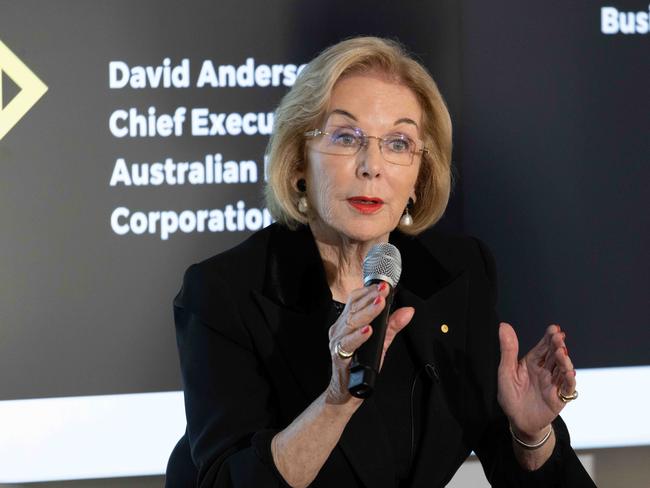
When I checked with the ABC, they pointed out her sentence was from a direct quote.
And the relevant guidelines say: “Avoid using Aboriginal as a noun. Avoid Aborigine outside of quotes.”
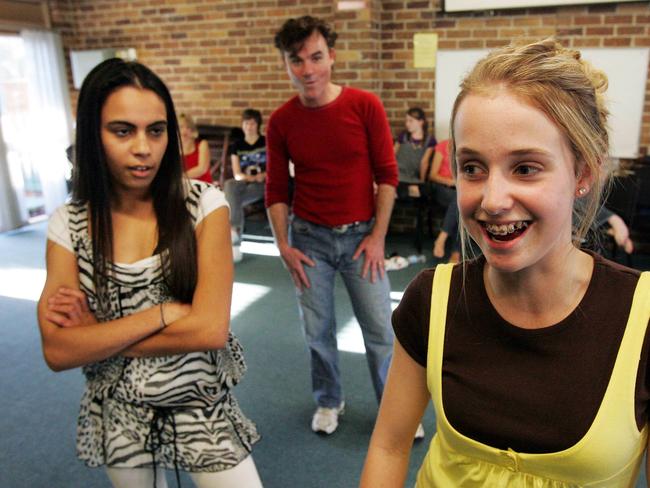
So Ita escapes breaching her own guidelines under a technicality. As for the allegation that she was somehow implying First Nations people were lucky to have airtime, well that was just nonsense.
But why hasn’t anyone told us the rules have changed about using the word Aborigine?
Woke NSW Treasurer Matt Kean has quickly adopted the “First Nations” lingo in his first budget.
Last year, Budget Paper No 1 did not use the phrase “First Nations” once.
Fast forward to this year. The same budget paper uses “First Nations” 22 times. Yet there are still many organisations, like the NSW Aboriginal Land Council, which still have the old name.
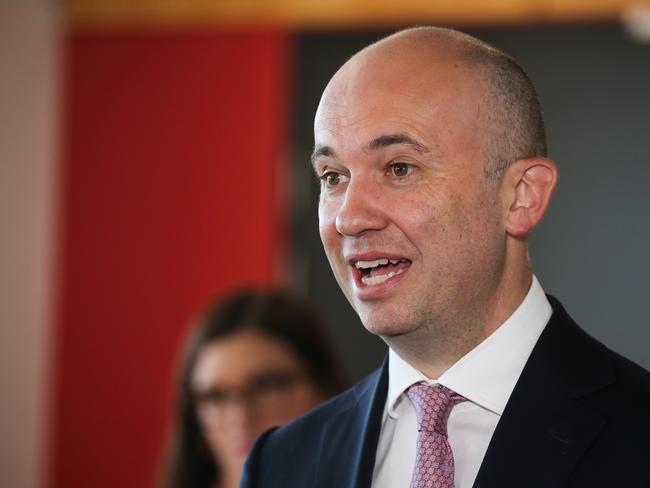
It’s like a secret handshake for those in the know. They keep changing the language and rules and so there are landmines everywhere.
I got pulled up at university for not knowing you were meant to use “CE”. “What’s CE?” I’d asked the history lecturer. “Common Era,” came the reply.
“We don’t use AD or BC anymore.” AD, based on the birth of Christ, has been in use since the year 525.
But maybe the wokesters have given up on that one, as I see the ABC style guide still uses the old-fashioned BC and AD.
It’s like multiculturalism. Originally in post-war Australia we had “New Australians”, meant to be a welcoming phrase.
That fell out of favour. Governments started using the catch-all “multicultural” in the 1970s.
They began talking about ethnics and migrants. Next came NESB (non-English speaking background) and later another atrocious made-up bureaucratic word, CALD, for “culturally and linguistically diverse”. That sounds like a cold scold. I’ve lost track of what’s in favour now.
Over in Britain they adopted BAME for black, Asian and minority ethnic but were left embarrassed when it was criticised for lumping everyone together.
Another attempt to change perceptions by changing language is the term “illegal immigrant”, which turned into “asylum seeker” by those keen on bringing in more boat people. Not that you’re allowed to say boat people, according to the ABC.
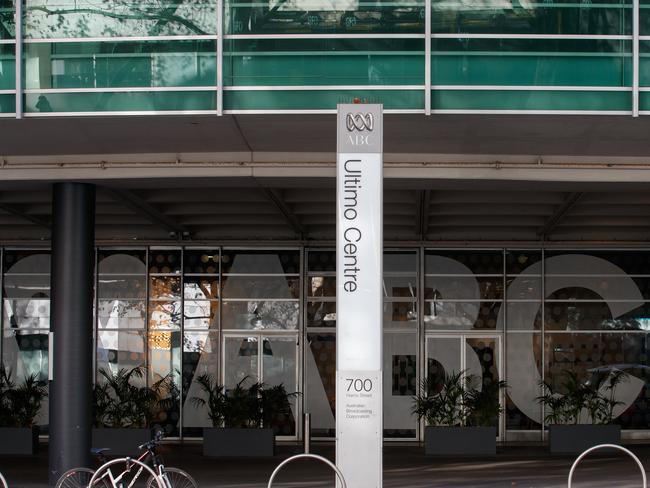
There’s a pattern here. The word equality is one everyone understands. But the activists have now changed it to equity, which superficially sounds just the same but is in fact a Marxist trojan horse, as it means equality of outcomes, not opportunity.
Far left radicals are also trying to get rid of everyday language like “husband” and “wife” — with several NSW principals telling parents this.
The universal word woman is also under attack, with ludicrous replacements like pregnant people or people who menstruate or, one of the worst yet, as the medical journal the Lancet put on its front cover earlier this year, the dystopian “bodies with vaginas”.
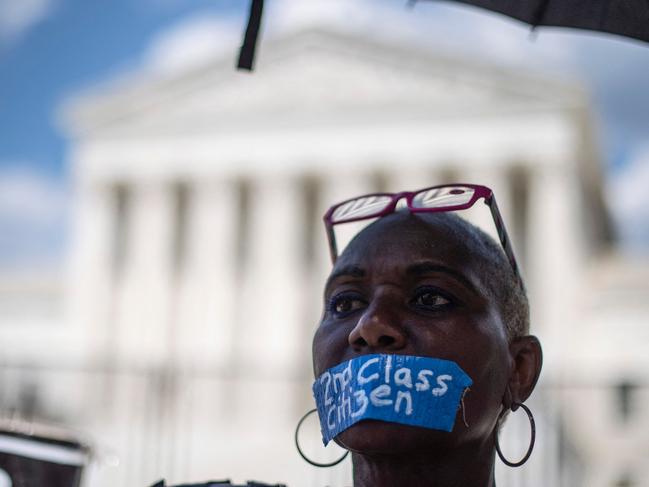
This “rename game” always works to catch people out and put them on the back foot, to divide us up into those in the know and those who can be branded as bigots or worse.
Disneyland in the USA no longer uses “ladies and gentlemen” or “boys and girls” but “everyone”, “friends” or “dreamers of all ages”.
It also works to rid words of clear specific meanings. Instead they become clunky euphemisms. And thus disguise a social justice agenda.
Earlier this year, someone from an outfit called Stigma Watch complained to Daily Telegraph columnist Miranda Devine about using “junkie” and “addict” and “shooting up drugs” in a column.
They complained these words stigmatise people who use drugs. “Language that is particularly negative can create a negative perception of people who use drugs.”
Yes, well, perhaps taking the illegal drugs in the first place is stigmatising — it comes with the territory.
StigmaWatch cited Australian Press Council guidelines.
When I checked, I found they have it both ways: “The harmful effects of any particular drug should not be exaggerated or minimised.”
And: “Guard against any reporting which might encourage readers’ experimentation with a drug, for example highlighting the ‘glamour’ of the dangers involved.”
I haven’t seen any nanny-state censors jump on the constant glamorisation of marijuana these days as a medical wonder drug.
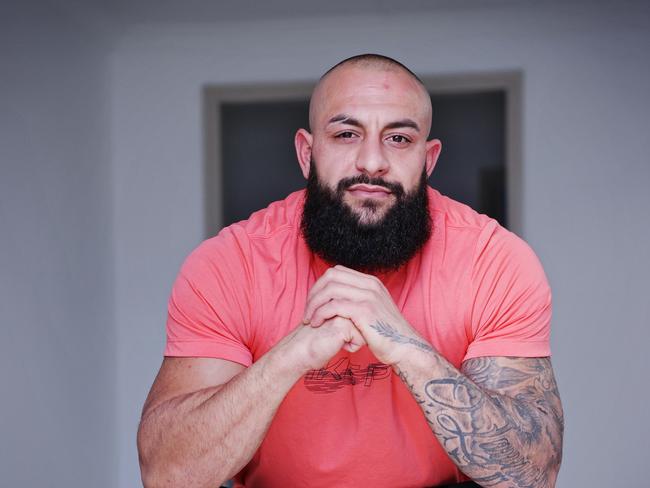
And in my view it’s virtually impossible to exaggerate the harmful effects of illegal drugs considering Sydney’s gang warfare, lawlessness, ill health and ruined lives.
When Helen Garner wrote her classic 1979 novel Monkey Grip about the destructive force of heroin addiction, she used the word “junkie” at least 26 times. It perfectly captures the compulsive and hopeless state of the heroin addict. It’s reality.
But the tool-book of the social justice warrior is to redefine everyday terms, to use obscure academic jargon and disguise their agenda by sleight of hand.
They co-opt normal words by redefining the words and then smuggle in different ways of thinking without being noticed.
Perhaps we should start creating a Counter Wokery Guide — or what Miranda Devine suggested to the StigmaWatch people – “I’m going to create a StasiWatch”.





